
Biography:
Sarath Pillai is a PhD candidate in the History Department at the University of Chicago. He holds a master of studies in law from Yale Law School, a master of arts in history from both the University of Chicago and the University of Delhi, and a postgraduate diploma in archives and records management from the National Archives of India, Delhi. He is a 2021Hurst Fellow at the University of Wisconsin Law School. His dissertation research has been supported by numerous centers within UChicago—Committee on Southern Asian Studies, Nicholson Center, Social Science Research Center and History Department—and by external fellowships from Humboldt-Yale History Network, American Historical Association, Library of Congress and Yale Law School. He has taught MA students and supervised their theses as a Preceptor in the MA Program in the Social Sciences (MAPSS) for two years. He has also taught/interned in the Core sequences in the College, mainly in Self, Culture and Society and Colonizations. His writings have appeared in both peer-reviewed and public forums such as Law and History Review, Archives and Records, Economic and Political Weekly, Scroll.in, The Diplomat, The Indian Express, among others.
Dissertation: Federal Futures: Imagining Federation, Constitution, and World in Late Colonial India
The constitution of independent India does not use the word “federation” in it. This omission is striking because there was no political ideal as influential and as unifying as federalism in the last three decades of colonial rule in South Asia. How did federation—a system of shared sovereignties as opposed to a unitary nation-state—that captured the political and legal imaginations of South Asians of all hues in the 1920s through 1940s become so disagreeable at the time of India’s founding? This question and the possible histories/answers it opens are central to his research. His dissertation studies the rise of federalist ideas in interwar India and their growing influence among various groups—princes, liberals, and minorities—in the late 1920s through the 1940s. It presents an alternate genealogy of political thought, constitutionalism, and worldmaking in late colonial India by showing the deep fissures between those who wanted a unitary state (singular sovereignty) based on the British colonial state and those who wanted a federation (shared sovereignty) based on Euro-American constitutionalism. He draws on multi-lingual archives—marshalled through 18 months of archival research in three continents—to recover the underappreciated federalist imaginaries in late colonial South Asia.
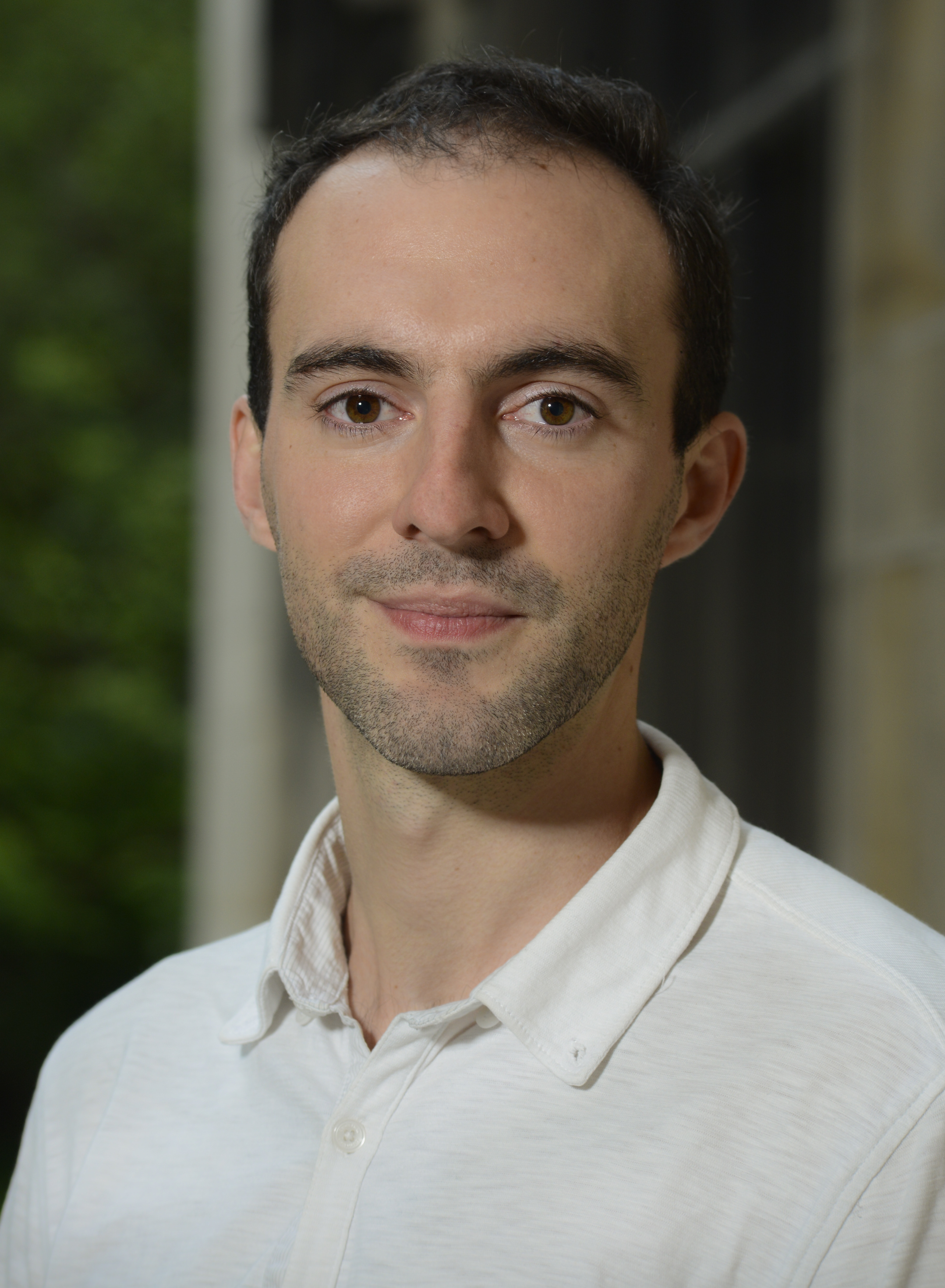
Biography:
Before coming to the University of Chicago, Charles Fawell studied at Boston University, L'Institut d'études politiques de Paris, and New York University. From 2016-2017, he carried out sixteen months of archival research for the dissertation in France, the United Kingdom, and Vietnam from the support of the Lurcy and Chateaubriand Fellowships. Charles Fawell has lectured in the Writing Program, the Colonizations Sequence in the Social Sciences Core, and most recently, as the Von Holst Prize Lecturer in the History Department.
Dissertation: In-Between Empires: Transit and Sovereignty along the Maritime Routes of Imperial France and Great Britain, 1870-1930,
His dissertation is a study of colonial-era steamships belonging to the French Messageries Maritimes Company and the British Peninsular & Oriental Company, in an era when globalizing processes were accelerating at an unprecedented pace. Through micro-histories of steamship voyages, Charles recreates the spatial politics and moral economies of 'floating cities' in which subjects and citizens of colonial empires lived and worked in uneasy cohabitation, during long and frequent voyages, along a vital maritime highway that stretched from the French port of Marseille across the Suez Canal to Yokohama, Japan. Combining research from business, diplomatic, military, and maritime archives in France, Britain, and Vietnam, the project emphasizes the critical roles played by nationally-subsidized merchant shipping and inter-imperial collaboration in the maintenance of colonial empires. In an effort to reexamine the politics of mobility at the apex of European imperial domination, this project argues that steamships were both microcosms of empire and mobile borderlands, the everyday histories of which can help us trace the fault lines of imperial sovereignty and a nascent regime of global governance.
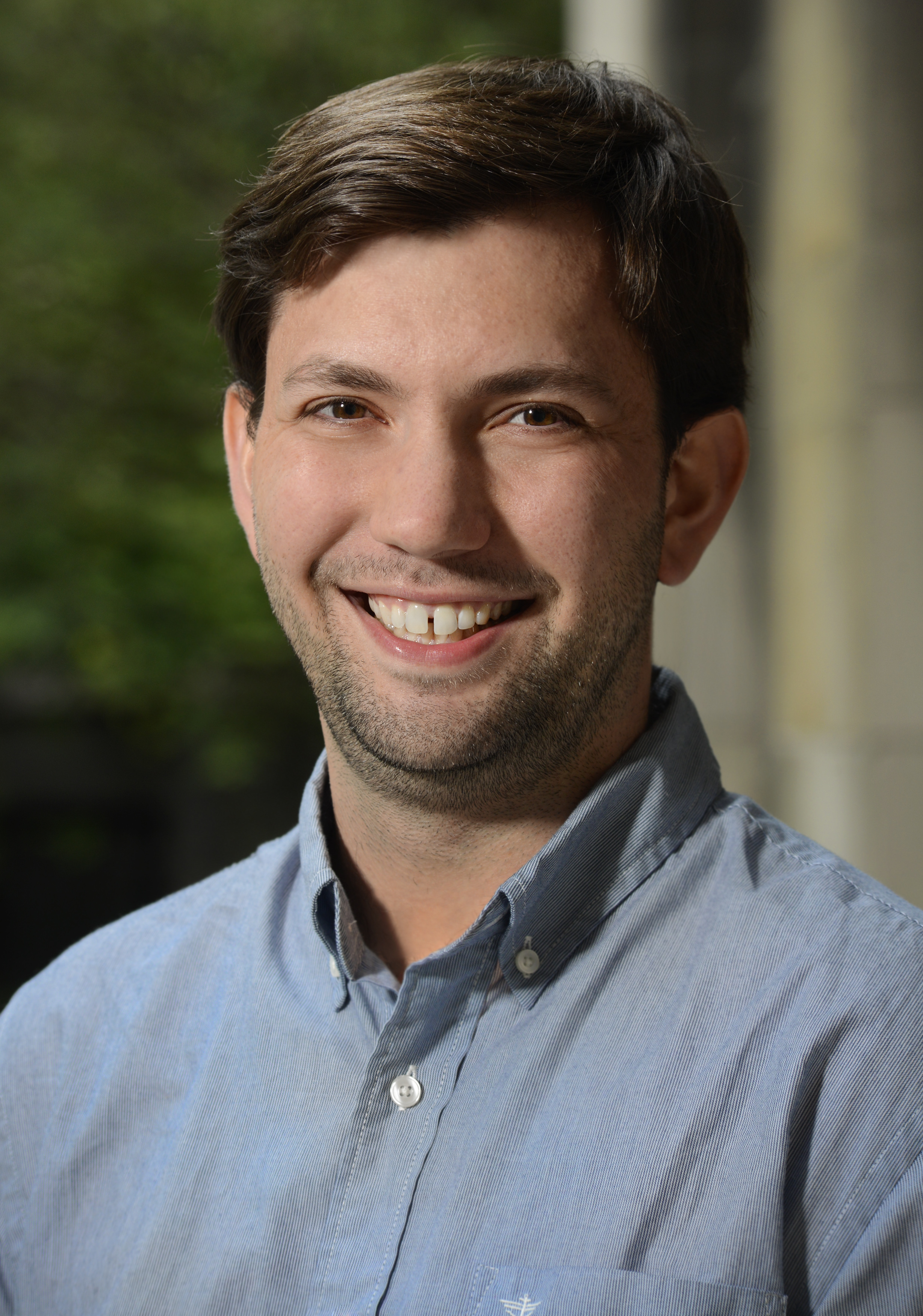
Biography:
Daniel Knorr is a PhD Candidate in the Department of History at the University of Chicago, specializing in the history of late imperial and modern China. He studies the exercise of political power across space and the formation of local communities through both institutions and cultural practices. His current project is a history of Jinan, the capital of Shandong Province in eastern China, during the Qing Dynasty (1644-1912). In 2016-17 he received a Fulbright fellowship to conduct archival research for this project in Jinan and Beijing. Daniel’s broader research interests include local literary traditions, social movements, inter-cultural exchange, and theories of empire and the state. In addition to Chinese and East Asian history, he also teaches courses on world history.
Dissertation: Putting Empire in Its Place: Localism and the Qing Imperial State in Jinan, Shandong, 1733-192
Daniel’s dissertation examines the history of a provincial capital in eastern China, during the Qing Dynasty (1644-1912). Combining interests in social, cultural, and political history, this project examines how Jinan’s role as a major administrative center was co-constitutive with various forms of place-making across both the high and late Qing. In addition to addressing the paucity of scholarship on urban North China, this project develops a framework focused on the processes of place-making and state-building as an alternative to the state-society paradigm common in scholarship on late imperial China. He argues that Jinan’s history shows how these two processes could be mutually constructive, thus challenging the assumption in Weberian social science theory that state and local society are fundamentally distinct realms of human behavior. His project draws on scholarship across disciplines like geography, anthropology, and art history related to theories of place and space. In dialogue with recent scholarship on the history of the U.S. state, he aims to work toward a new comparative history of the state.
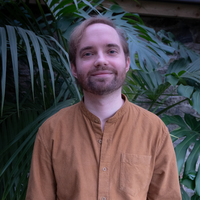
Biography:
Zak Leonard is a PhD candidate in the history department at the University of Chicago, specializing in modern South Asia, Britain, and empire. Prior to coming to Chicago, he received a MSc from Edinburgh University and a BA from Brown University. His published research includes an article for the Historical Journal detailing methodological shifts in colonial ethnography on India’s North-West Frontier following the advent of sociocultural evolutionism. He has also contributed a book chapter to a forthcoming collected volume that reassesses the career of Scottish scholar-administrator Mountstuart Elphinstone. This piece suggests that colonial ethnographers and metropolitan reformers invoked Muslim “fanaticism” as a polemical device to substantiate divergent theories of native political development.
Abstract:
His present dissertation project analyzes the activity of Victorian India reform organizations that challenged “anomalous” modes of colonial rule. Chapters examine pressure group competition and link-ups, forms of imperial constitutionalism, the utilization of law of nations theory and international law in the defense of princely sovereignty, and the reformers’ alternative conceptualizations of colonial political economy. In addition to his research, Zak has taught lecture courses, supervised BA thesis projects, and co-organized a recent conference on colonial frontiers and borderlands.
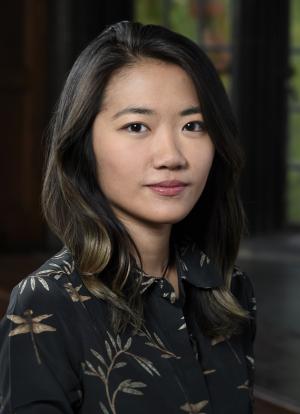
Over the course of the second half of the 20th century, scientific, economic, and agricultural enmeshments between the US and China enabled the emergence of the global grain-oilseed-livestock complex. Today, pigs are the lynchpin of the world’s livestock industry, making up 40% of global meat consumption by the pound. Around half of the world’s present pig production and consumption occurs in the PRC, reliant on methods of production largely developed and owned by US/UK based agribusinesses. However, the “purebreds” that Chinese industrial pig farmers now purchase at a premium from these businesses are in fact derived from Sino-European hybrids created in England, Sweden, and Denmark during the late 1800’s to meet the year-round demand of the industrializing meat market—hybrids whose qualities of accelerated reproduction were derived from that of their Chinese ancestors.1 So how did Chinese and American people end up eating the same pig? My project explores this question by tracing the emergence, circulation, and consumption of three iconic pigs: the American-scientific lean-meat hog, the Maoist “fertilizer factory,” and the chimerical CAFO (Concentrated Animal Feeding Operations) pig.
Biography:
Niu Teo is a Ph.D. candidate at the University of Chicago (History, 2018). They are writing a history of the global pig.
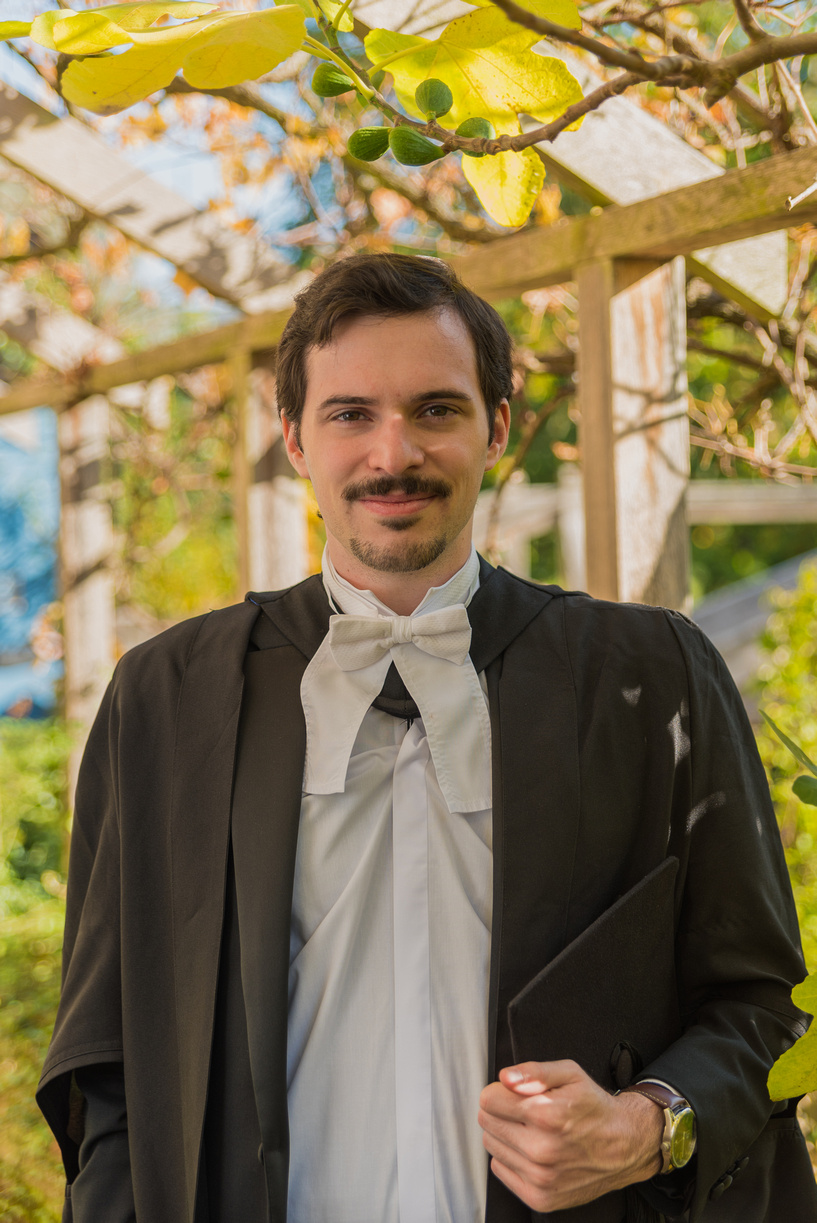
The goal of this research is to use Brazil as a case study in the transformation of global economic paradigms of the late 1970s and early 1980s, which encompasses the delegitimation of developmentalism and the rise of what is frequently referred to as “neoliberalism” or “Washington consensus.” Brazil offers a particularly rich prism through which to examine those changes: it was one of most important developing countries in the world in the mid-20th century, and in the late 1960s and early 1970s, adopted economic policies that produced some impressive results. In the early 1980s, however, the country faced a severe debt crisis. The project will describe how the Brazilian authorities navigated the complex waters of the 1970s and 1980s and how they interacted with international organizations in that process. The project also intends to discuss how those organizations, as well as the American government, evaluated Brazilian economic policies in that moment of crisis and uncertainty, and what this can tell us about the formation of a new global economic consensus. The project will make use of sources from the Brazilian and the American governments, as well as from organizations like the IMF and the World Bank.
Biography:
Eduardo Romero received a BA in History from the Universidade Estadual de Campinas (Unicamp), Brazil, where he did research on Ronald Reagan's labor policy, and he was an exchange student at the Universidade de Santiago de Compostela, Spain. He received an MPhil in Economic and Social History from the University of Cambridge, UK, where he compared Reagan and Thatcher's trade union policies. His is now doing research on the relationship between Brazil and international organizations during the 1970s and 1980s, focusing on how Brazilian economic policy was evaluated in the global arena. He is interested mainly in Brazilian history, American history, and the history of capitalism.
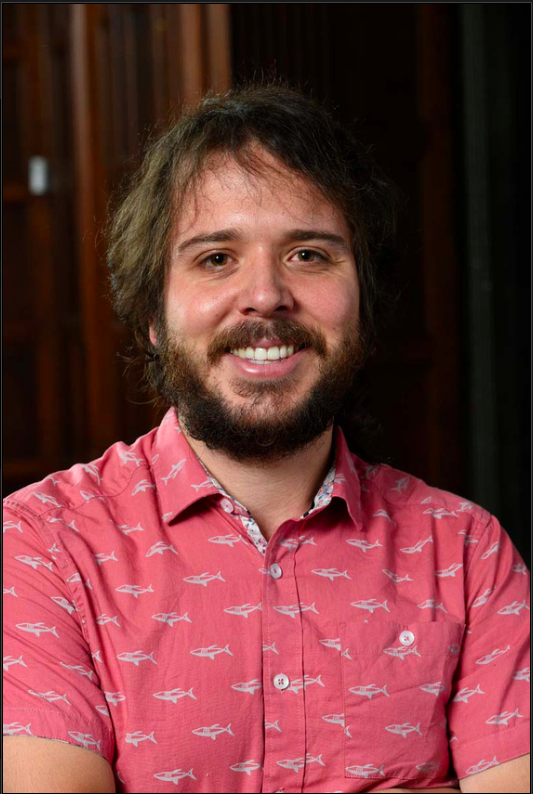
2022-23 Abstract:
The relationship between legality and revolution has been frequently misunderstood due to problems of misidentification and simplification. The first occurs when writers equate “the law” and “the state.” If all law emerges from the state, then the opposition between law and revolution is, by definition, true. This theoretical problem is then compounded when the state is simplified as a single entity with a unified will, instead of a process that includes frictions and tensions between its various constitutive parts. To overcome these problems, we need to pay attention to how law is created outside the state and how revolutionary movements make use of non-state local institutions and laws. In addition, we need to understand how the various state branches relate to these “extra-state” legal practices and “informal institutions”. Using this framework, this project will reevaluate the relationship between law and revolution during the Mexican Revolution (1910–1920) and its aftermath (1920–1940), focusing on the legal order that emerged from the revolution, including the 1917 Constitution. Studying the Mexican Revolution along these lines will clarify the mechanisms through which legal institutions can become “counterrevolutionary” instruments of cooptation, but also how legality can become a source of transformative or revolutionary politics.
2019-20 Abstract:
This project focuses on the continuity between colonial and national ways of organizing local judicial institutions and conceiving judicial power in Hispanic America between the end of the eighteenth and the first decades of the nineteenth-century. It emphasizes the stability and normal functioning of trial courts and equivalent institutions at the time in order to both qualify common perceptions of the period as one of anarchy or constant political experimentation and, in addition, inquire how these institutional continuities produced regional or national order from the bottom-up. The hypothesis is that the persistence of judicial structures –procedural, organic and in the person serving as judge– was a stabilizing factor that contributed to state formation and the existence of a national narrative, prominent features in Hispanic-American countries during the second-half of the nineteenth-century. As a test case I intend to draw a comparison between the functioning of local judicial institutions in Mexico City and Oaxaca, mapping the different ways in which they contributed to the creation of regional orders and in which they were impacted by constitutional changes. The results may recommend broadening the research to cover other Mexican regions or even localities outside of Mexico.
Biography:
Juan Wilson is a PhD Candidate in the History Department, currently conducting archival research in Mexico. His areas of research include Latin American social and legal history, the history of constitutionalism, and the Mexican Revolution. Before coming to the University of Chicago in 2018 to pursue a Ph.D. in History, he worked as a clerk for Chile’s former Supreme Court Judge Enrique Barros and later became Instructor Professor of Legal History and Civil Law in Universidad Adolfo Ibáñez (Chile).

The nature of the Japanese-German relationship in the nineteenth century is in many ways unprecedented. Neither predicated on a formal colonial relationship nor bound to a Occident-Orient power dynamic, their connection can be characterized by a sense of mutually intelligible cultural kinship. This affinity can perhaps be explained by the nations’ relatively late participation in industrialization and imperialism, a desire to combat the spiritually suffocating forces of modernity, and the experience of a profound rupture between the expectation and reality of modernization—a crisis that hinged on the dizzying paradox of reconciling cultural particularity with global modernity. The formation of the Axis Alliance and the aftermath of WWII dominate the existing corpus of German-Japanese studies, casting a major influence over academic interpretations of the nations’ relationship. Often cited as a kind of “hollow alliance” rooted in mere geopolitical convenience, this limited conception fails to account for the formative nature of the nations’ transcultural exchanges preceding wartime. My research reframes the origins of their relationship through the lens of cultural-intellectual engagement; it will consider the authority of German philosophy in the formation of modern Japanese aesthetic discourse, and the ways in which it informed analogous national projects to redefine the feminine and masculine ideal by essentializing the spirit (Geist / 魂 [tamashii]) of a race. The tension between modern and romantic visions of the nation were negotiated and articulated on the corporeal body, demonstrating the catastrophic synthesis of aesthetic sensitivity and scientific strength that characterized German and Japanese thought.
Biography:
Shirin M. Sadjadpour (she/her) is a PhD student in the history department with a focus on aesthetic and intellectual exchanges between Wilhelmine Germany and Meiji Japan. More broadly, her research interrogates the nations' pre-war parallels by examining the mediation of tradition and modernity in material culture, art, and architecture amidst comparable efforts to assert cultural particularity on the international stage.
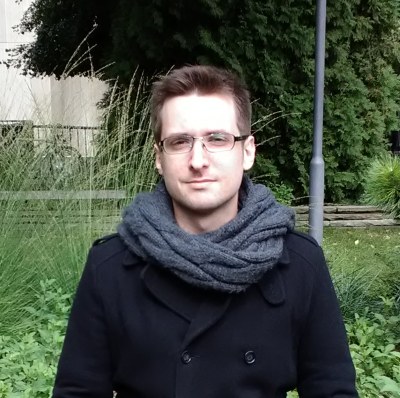
My project is an intellectual history of the Conservative Revolution, a diffuse movement of European radical conservatives and anti-capitalists, active roughly from the neo-romantic (or völkisch) revival of the mid-nineteenth century to the 1960s. I treat the movement as a pan-European network of fellow travellers (including figures like Martin Heidegger, Carl Schmitt, Ernst Jünger, and Julius Evola), with Germany at its spiritual centre, but radiating outward to other countries in search of alternatives to liberal capitalism and Marxist socialism (a “third position”). Unlike most studies of the Conservative Revolution I argue that the movement was not a fortuitous assemblage of “romantic” tropes and metaphors, but possessed a coherent worldview at its core. Also unlike most studies, I consider peripheral figures like Max Weber to have played a central role in working out the metaphysical and epistemological premises of the movement. Once these premises are understood, a distinct morphology of radical conservative discourse appears—one that provided, and continues to provide, organic intellectuals to fascist projects of national renewal. I conclude by demonstrating the philosophical and genealogical continues between the Conservative Revolution and the European New Right.
Biography:
Brandon Deadman is a PhD candidate in the History department at the University of Chicago. His research focuses on the epistemological and metaphysical discourses of fascism and other “revolutionary conservative” ideologies, and more broadly on critiques of the philosophical foundations of modernity.

The English Interregnum has long been considered a pivotal moment in the history of the English state and the British Empire. The years between the outbreak of civil war in 1642 and Restoration in 1660 witnessed a statecraft revolution in England, with the emergence of novel fiscal institutions and a foreign policy that transformed the English state’s international presence. This episode has rarely been studied in a comparative or transnational context, leaving crucial aspects of the story of the modern English state relatively obscure. My project, based on work with manuscript sources in British archives, will expand our understanding of the origins of Interregnum statecraft, putting a story long told as internal to England into its rightful transnational, European perspective. Studying the relationship between European fiscal, military, and statecraft ideas and the policies of the English Interregnum, my research will situate the Interregnum statecraft revolution in a context of early-modern European state formation, in which ideas about political economy, foreign policy, and fiscality circulated among European states. This project will constitute the first phase of a broader research agenda on the seventeenth-century transformation of the English state, itself one half of a prospective dissertation project comparing early-modern Chinese and English state building.
Biography:
Gabriel Groz is a first-year PhD student in History. He studies the history of the state in early-modern China and England, and is also interested in comparative empires, the history of political thought, legal history, and the history of capitalism. Prior to beginning doctoral study at Chicago, Gabriel spent a year at National Taiwan University on a research fellowship. He is a 2019 graduate of Yale College and is originally from Stamford, Connecticut.